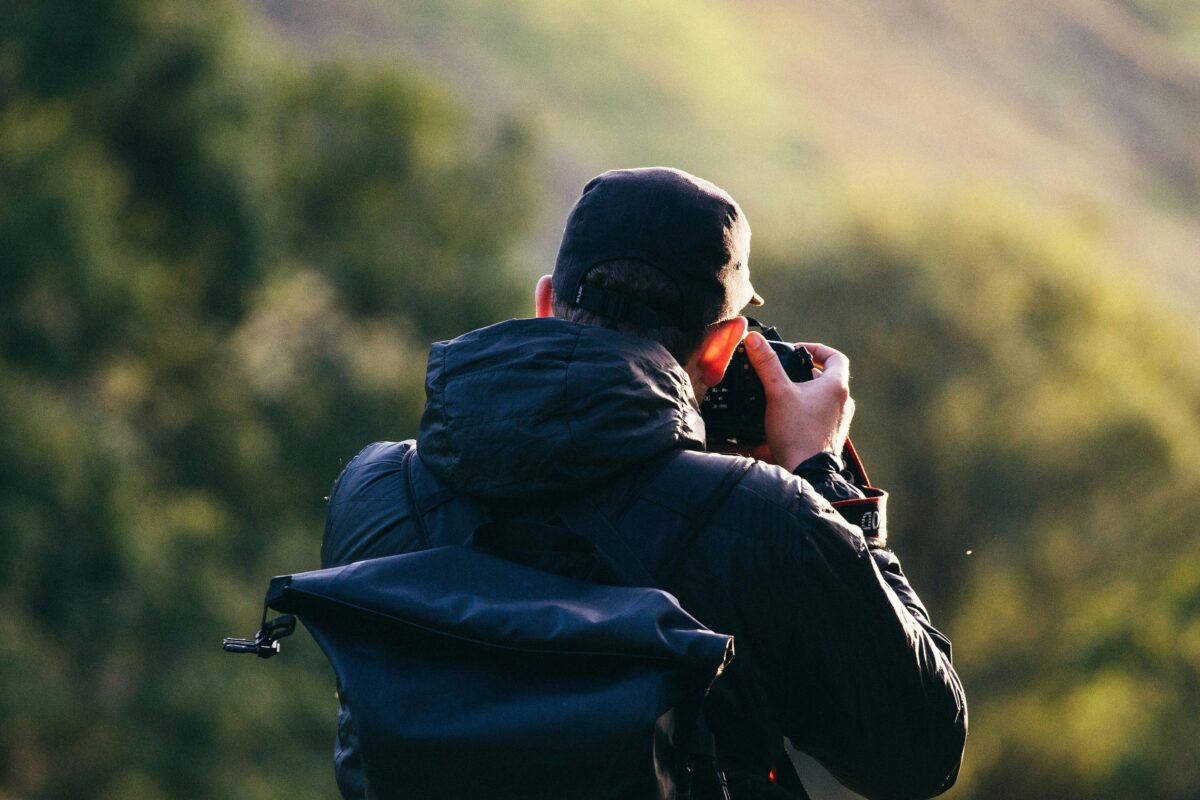The relationship between creativity and cannabis has long been a topic of discussion, and in the world of photography, this conversation is particularly relevant. Tetrahydrocannabinol (THC), the psychoactive component of cannabis, has been credited with enhancing artistic sensitivity and creativity in various fields, including photography. This blog post explores how THC might influence photographers and their creative process, and what the implications are for professionals and hobbyists alike.
Enhancing Visual Perception
CBDfx THC vape is known for its ability to alter perception, which can be a key asset in photography—a field where perspective and an eye for detail are paramount. Some photographers report that THC helps them see the world in new ways, noticing colors, patterns, and textures that might go overlooked in a sober state. This altered state of perception can lead to more innovative compositions and a fresh approach to subjects that might seem mundane or ordinary without this shift in viewpoint.
Boosting Creativity
Many creative professionals turn to THC as a tool to overcome mental blocks and boost creativity. The psychoactive effects of THC can lower inhibitions and foster a space where the mind is free to explore unusual connections and ideas. For photographers, this might mean experimenting with unconventional angles, lighting techniques, or subjects that they might not consider while not under the influence.
Reducing Anxiety and Inhibitions
Photography, especially when involving human subjects or dynamic environments, can be stressful and demanding. THC’s anxiolytic effects can help photographers relax, reducing anxiety around the creative process or the act of shooting itself. This can be particularly beneficial in more intimate settings, such as portrait sessions, where a relaxed photographer can create a more comfortable atmosphere for their subjects.
Enhancing Patience and Focus
While it may seem counterintuitive, many users report that certain strains of cannabis help them focus and enhance their patience. For photographers, especially those involved in long shoots or detailed post-production work, such qualities can be invaluable. Whether waiting for the perfect light for a landscape shot or editing hundreds of photos, THC may help some photographers settle into a comfortable rhythm.
Stimulating Sensory Awareness
THC heightens sensory perception, which can enhance a photographer’s awareness of their environment. This heightened awareness can translate into more thoughtful photo compositions, as well as a greater appreciation for the interplay of light and shadow, or the subtleties of facial expressions in portrait photography.
Encouraging Experimentation
THC can encourage experimentation, making photographers more willing to try new techniques or tools. This might include using different camera settings, new post-processing styles, or even experimenting with various genres of photography they would not normally consider.
Social Lubricant
For photographers who work with people, THC can serve as a social lubricant, easing interactions and making subjects feel more at ease. This can be especially useful in more relaxed and creative settings, where the traditional barriers between photographer and subject need to be softened to capture a more authentic moment.
Facilitating Deep Emotional Connections
Photography often requires tapping into deep emotional undercurrents to capture truly impactful images that resonate with viewers. THC has the potential to enhance emotional sensitivity, allowing photographers to connect more profoundly with the emotions that drive the narrative of their images. This sensitivity can be particularly beneficial in documentary or portrait photography, where conveying the essence and emotions of the subject is crucial.
Expanding Artistic Vision
THC’s influence on cerebral function can extend a photographer’s artistic vision, prompting them to explore themes or stories they might not typically consider. This exploratory behavior can lead to the development of unique personal styles or signature approaches that distinguish their work in competitive markets. It can also inspire photographers to undertake projects that push the boundaries of conventional photographic norms, experimenting with surreal or abstract compositions that challenge viewers’ perceptions.
Enhancing Night Photography
THC’s ability to dilate pupils means it could enhance a photographer’s vision in low-light conditions, potentially improving their capability in night photography. The enhanced perception of contrast and color, often reported by users of THC, could allow photographers to capture more detailed and visually striking images under the cover of darkness.
Influencing Photographic Narratives
For photographers involved in creating complex photographic narratives, such as in fine art or conceptual photography, THC can help in layering themes and constructing stories within their images. The enhanced introspection and divergent thinking facilitated by THC might lead to more intricate and layered compositions that tell richer stories.
Legal and Professional Considerations
Despite these potential benefits, it’s crucial for photographers who consider using THC to remember the legal and professional implications. Cannabis use is still illegal in many parts of the world, and even where it is legal, public and professional perceptions can vary significantly. Photographers should always consider the legal status of THC in their location and the expectations of their clients and community.
Conclusion
While THC can offer some photographers creative benefits, it is not a universal solution for everyone. Like any tool, its effectiveness depends on the individual’s response to it and their ability to integrate it responsibly into their creative process. For those who find THC helpful, it can be a significant enhancer of creativity, perception, and enjoyment of the art of photography. However, it should always be used thoughtfully, with an eye toward the legal landscape and professional standards.
